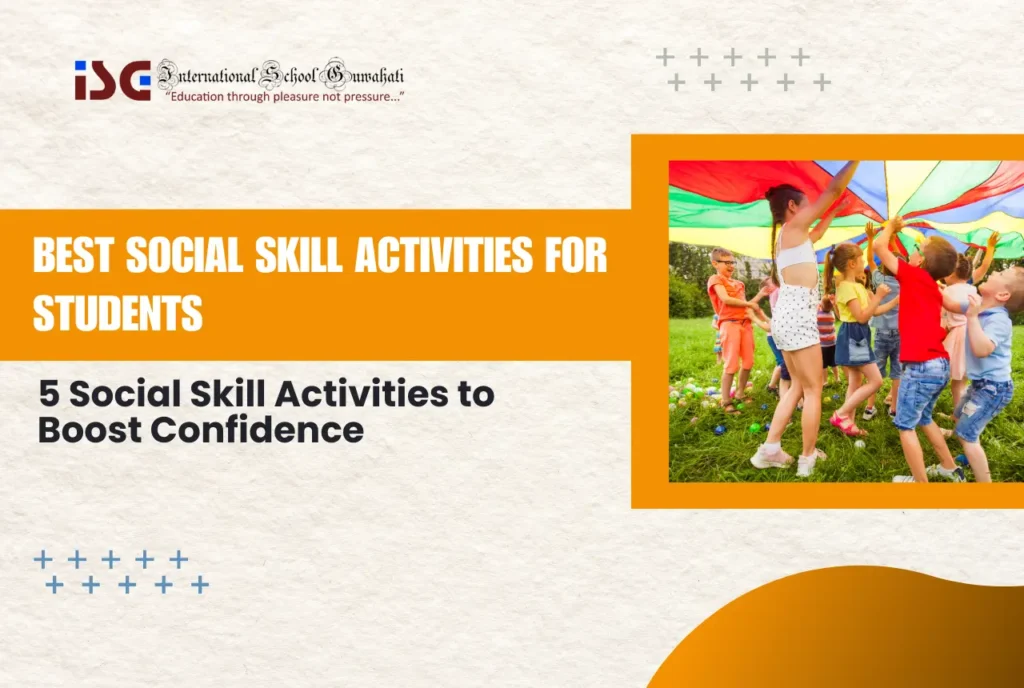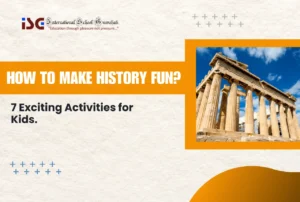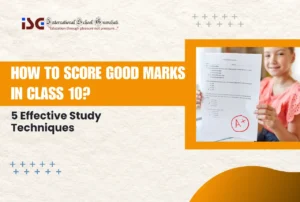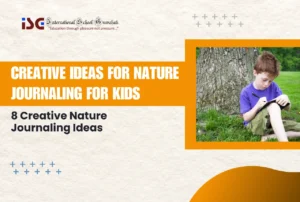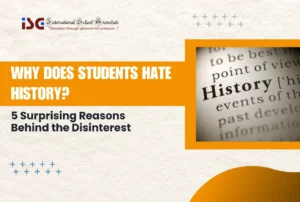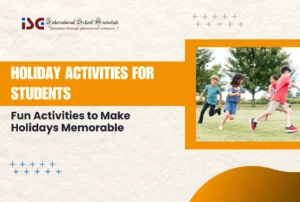![]()
In today’s connected world, strong social skills are more important than ever for students. These skills equip them to navigate friendships, collaborate effectively in groups, and excel in academic settings.
However developing social skills can be tricky. Shyness, anxiety, and a lack of practice can all make it difficult for students to connect with their peers.
This is where the best social skill activities come in! Engaging activities can provide a safe and fun environment for students to practice communication, empathy, and teamwork.
These activities not only build social skills but also boost confidence, helping students feel comfortable and empowered in social situations.
These are the 5 Best Social Skill Activities for Students
1. Cooperative Learning Activities
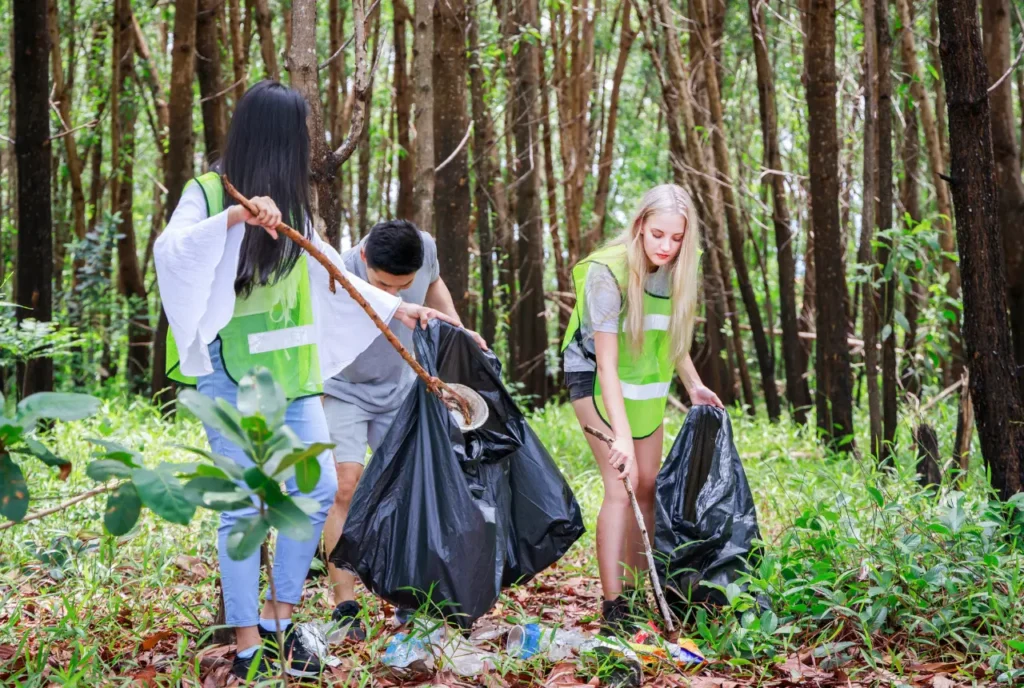
Cooperative learning activities involve students teaming up to achieve shared learning goals, which encourages active involvement and mutual support.
One effective approach is the jigsaw activity, where each group member becomes an expert on a specific topic and then shares their knowledge with the rest of the team.
Another beneficial method is group projects, where students collaborate on assignments.
These activities promote communication as students express their ideas, actively listen, and collaborate to understand each other.
Collaboration is further fostered through shared tasks, sharing resources, and dividing responsibilities.
Additionally, cooperative learning enhances problem-solving skills as students work together to overcome challenges.
Engaging in these activities helps students develop confidence in social settings as they interact with peers in a supportive environment.
They learn to express themselves, contribute to discussions, and seek assistance when needed, which fosters a sense of belonging and competence.
Ultimately, these experiences contribute to building self-esteem and social confidence.
2. Role-Playing Scenarios
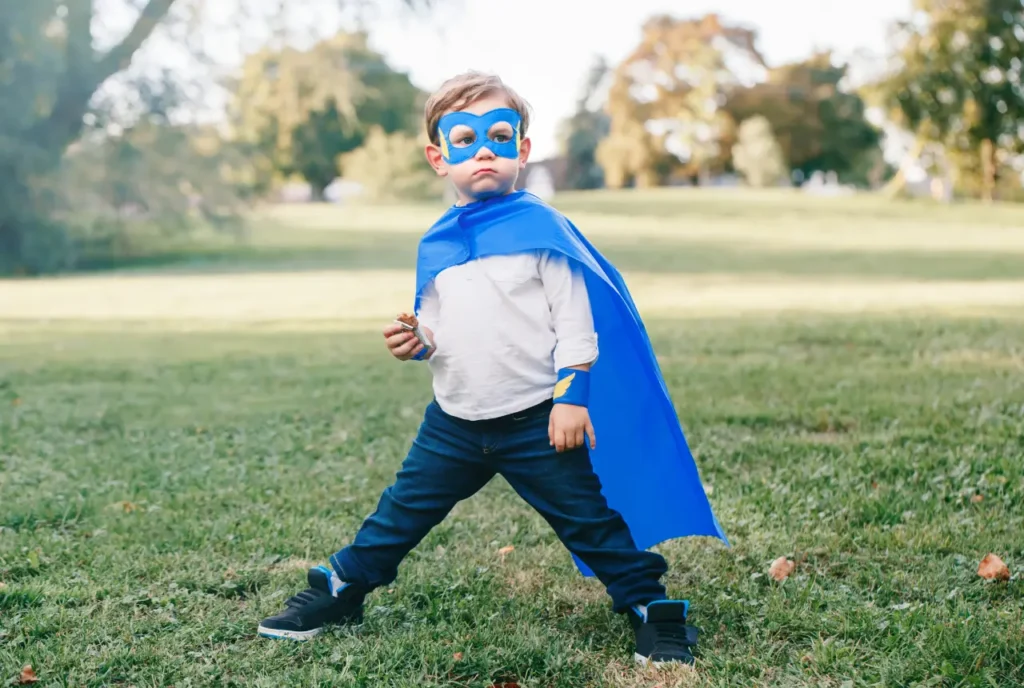
Role-playing is a valuable tool for improving social skills as it allows students to act out social scenarios in a safe environment.
Through role-playing, students can practice communication, assertiveness, and problem-solving. For instance, they can simulate situations like meeting new classmates or resolving conflicts with peers.
Participating in role-playing scenarios lets students experiment with different social behaviors and responses, helping them grasp effective communication strategies.
It offers a supportive space where students can make mistakes, receive feedback, and refine their social skills without worrying about judgment.
As students engage in role-playing activities, they gradually build confidence in their social abilities by becoming more comfortable with various social situations.
This newfound confidence enables them to approach similar real-life situations confidently, knowing they’ve practiced and improved their social skills in a supportive setting.
Ultimately, role-playing equips students with the confidence and skills to thrive in different social settings and build positive relationships.
3. Public Speaking Activities
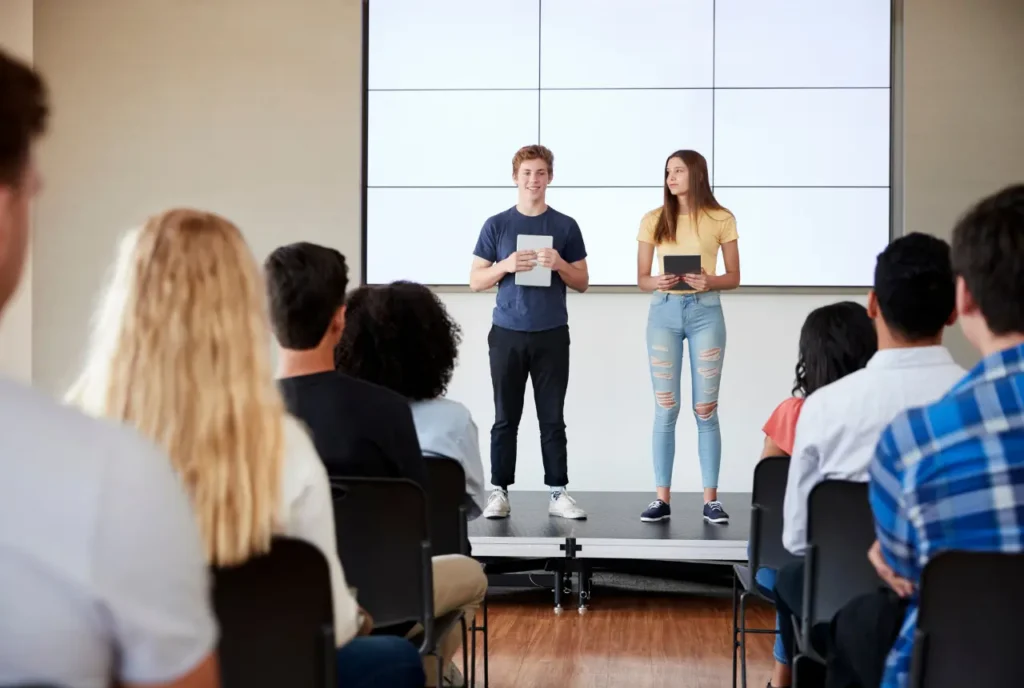
Public speaking skills are important for students as they prepare for academic presentations, contribute to class discussions, and take part in extracurricular activities.
These skills not only enhance academic performance but also foster leadership qualities and boost self-confidence.
Activities such as giving presentations, participating in debates, and engaging in class discussions are crucial for developing public speaking skills.
Through these activities, students learn to express their thoughts clearly, organize their ideas effectively, and persuade their audience convincingly.
Engaging in public speaking activities helps students overcome anxiety by providing opportunities for practice and feedback in a supportive environment.
As students gain experience and refine their communication skills, they become more comfortable speaking in front of others, reducing feelings of nervousness and apprehension.
Mastering public speaking can significantly boost confidence in social situations by enabling students to express themselves confidently and assertively.
Whether in academic, social, or professional settings, students who are skilled in public speaking are better equipped to communicate their ideas, build relationships, and navigate social interactions with ease.
Ultimately, public speaking activities empower students to become effective communicators and leaders, ready to succeed both academically and personally.
4. Social-Emotional Learning (SEL) Games
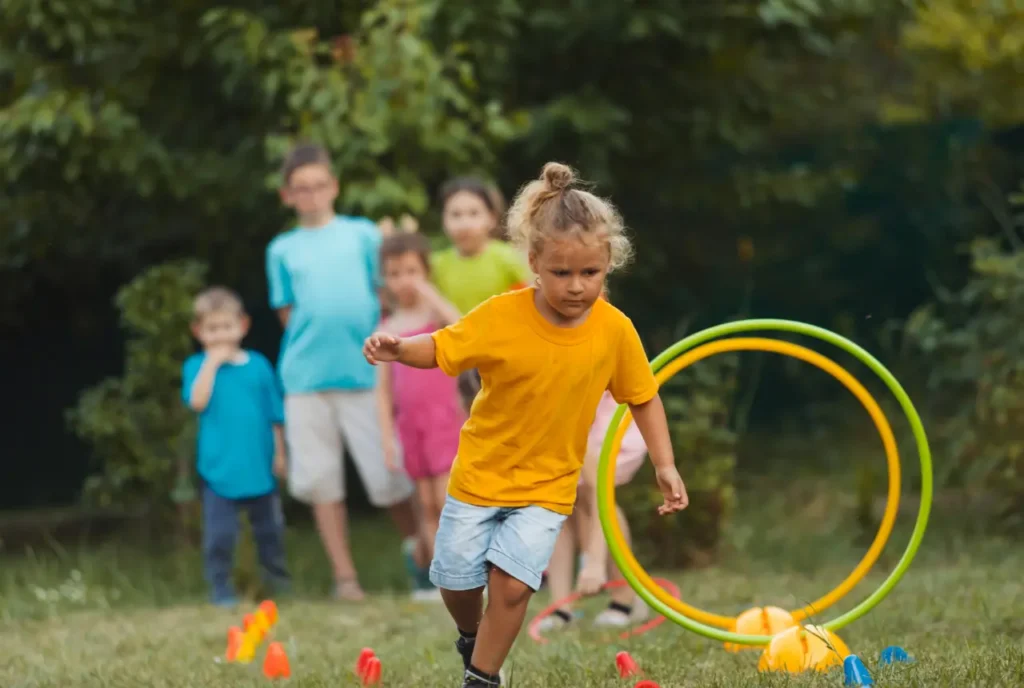
Social-emotional learning (SEL) is about developing skills for handling emotions, forming strong relationships, and making wise decisions.
SEL activities aim to nurture empathy, self-awareness, and social skills in students to help them grow emotionally and socially.
Examples of social awareness activities for students or games include icebreakers to help students connect, empathy games to encourage understanding, and listening activities to improve communication.
Taking part in SEL games helps students explore and understand their emotions, as well as those of others, fostering empathy and emotional intelligence.
Through teamwork, students learn to communicate well, solve conflicts positively, and build positive relationships with their peers.
These skills improve students’ overall well-being by giving them the confidence and positivity to navigate social situations.
As students get better at understanding and managing their emotions, they gain more self-esteem and resilience, which boosts their social confidence.
Ultimately, SEL games provide valuable opportunities for students to develop crucial social and emotional skills, enhancing their academic success and overall happiness.
5. Board Games and Group Activities
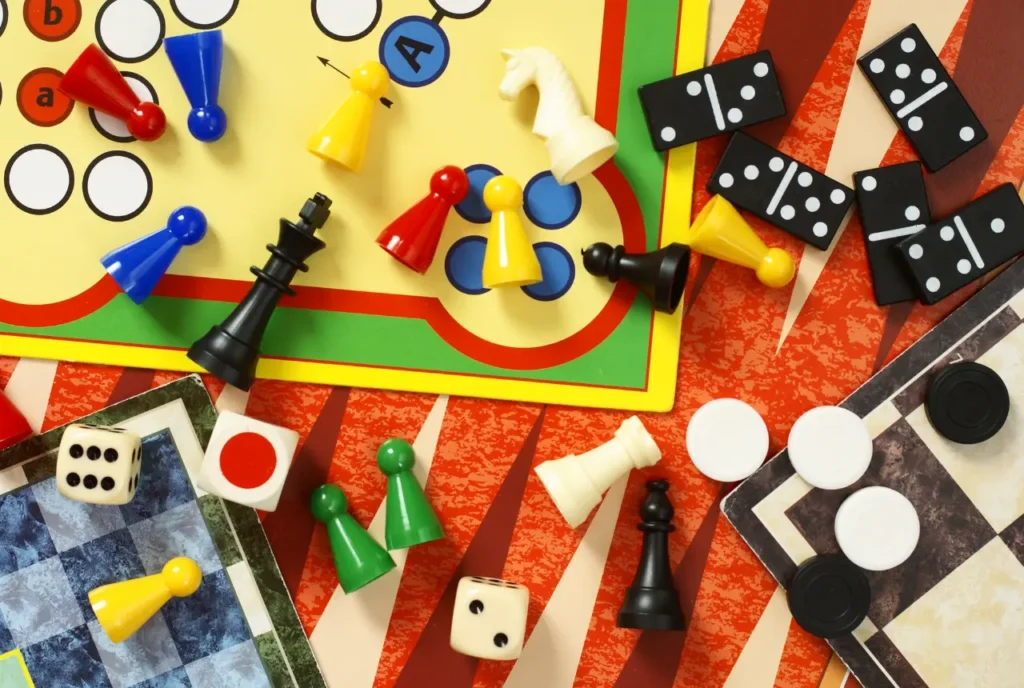
Board games and group activities provide fantastic opportunities for students to socialize, cooperate, and develop crucial skills.
These activities offer an enjoyable and interactive platform for students to connect with classmates, build friendships, and refine important social abilities.
Examples of board games that promote social skills include cooperative games like Pandemic, communication games like Codenames, and party games like Pictionary.
These games require players to collaborate, communicate effectively, and engage in friendly competition.
Playing board games instills vital values in students such as taking turns, following rules, and showing respect.
It also encourages them to strategize, problem-solve, and work together towards common objectives.
Engaging in board games and group activities enhances students’ confidence in social settings by providing opportunities to interact with peers in a supportive and enjoyable environment.
Through collaborative play, they learn to express themselves confidently, take calculated risks, and navigate social dynamics effortlessly.
Ultimately, these activities foster social connections, refine interpersonal skills, and boost students’ confidence in their ability to interact positively with others, both within and beyond the classroom.
Conclusion
To wrap up, social skill activities are important for the personal and academic development of students, fostering effective communication, collaboration, and confidence.
We strongly encourage readers to integrate these activities into their daily routines or classroom environments, as they provide valuable opportunities for social growth and enrichment.
Through participation in these activities, students can enhance their interpersonal skills and cultivate the confidence necessary to thrive academically and personally.

